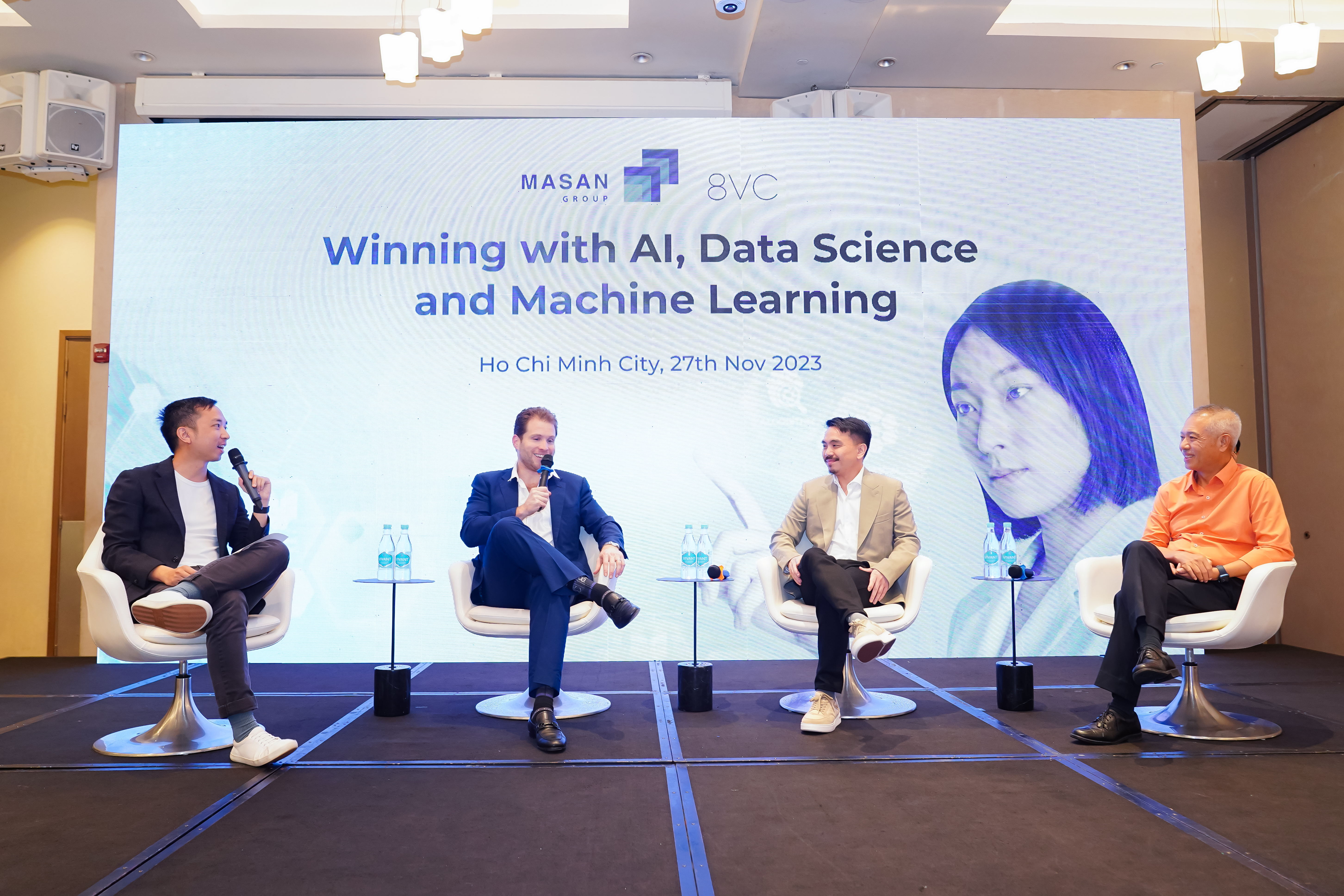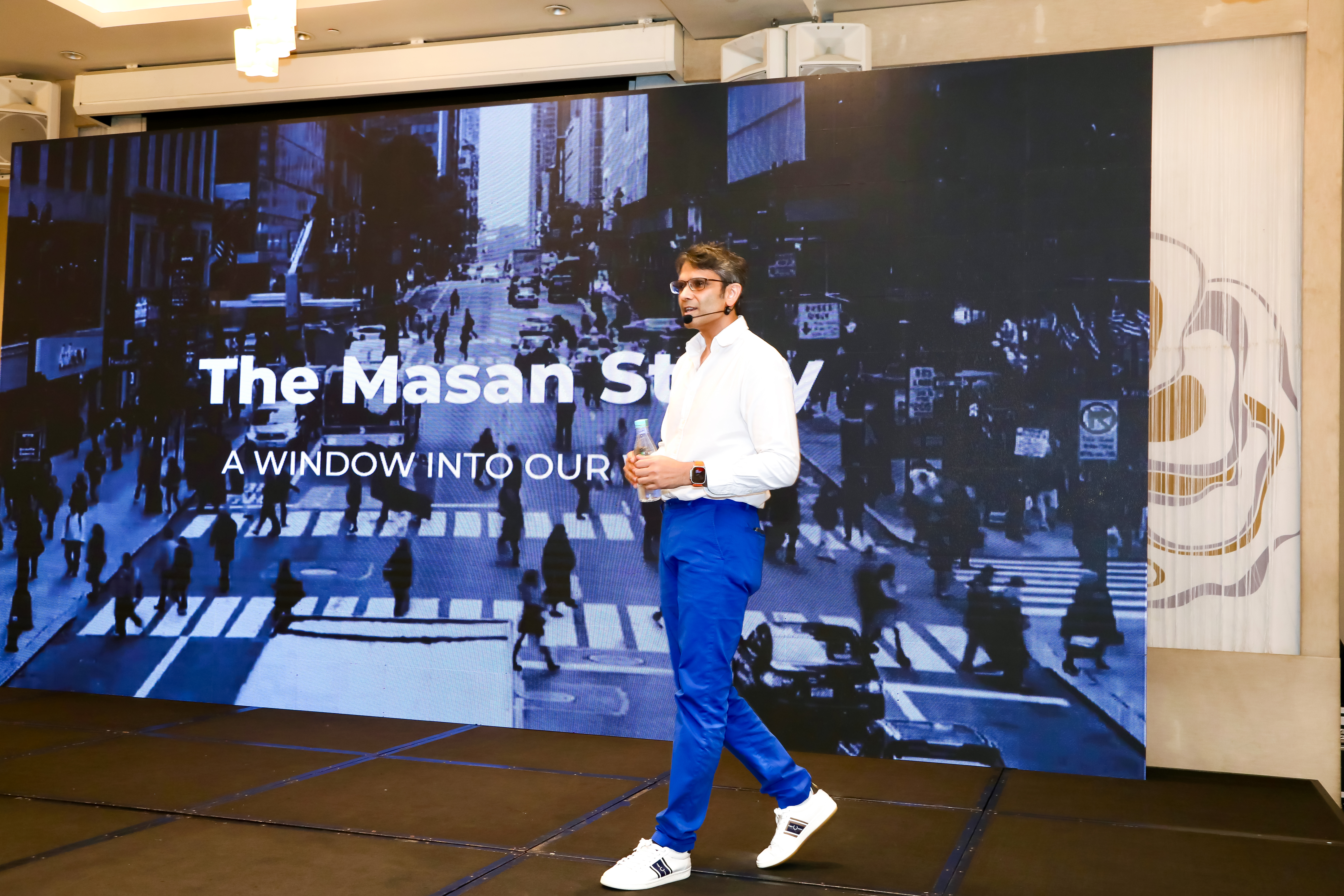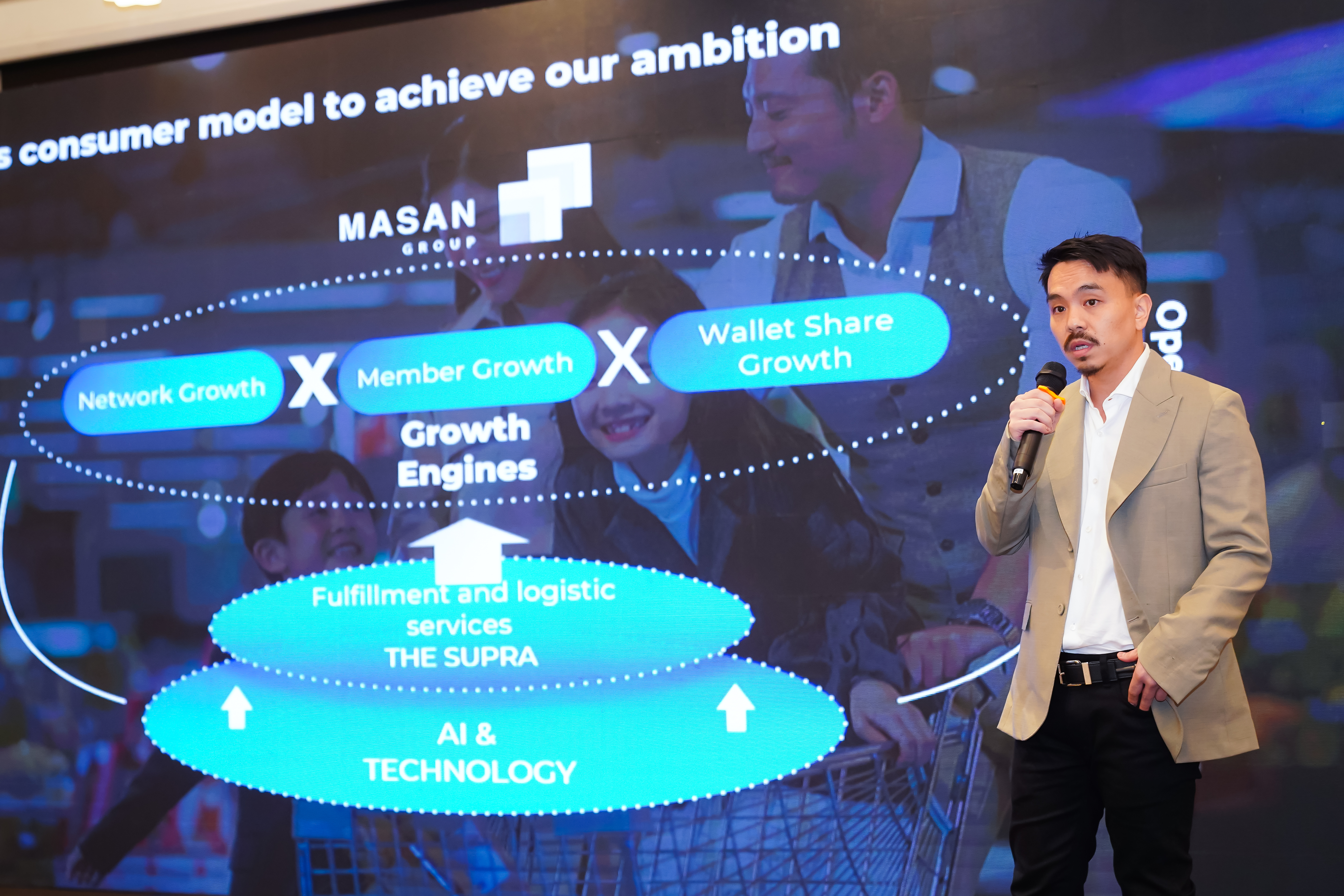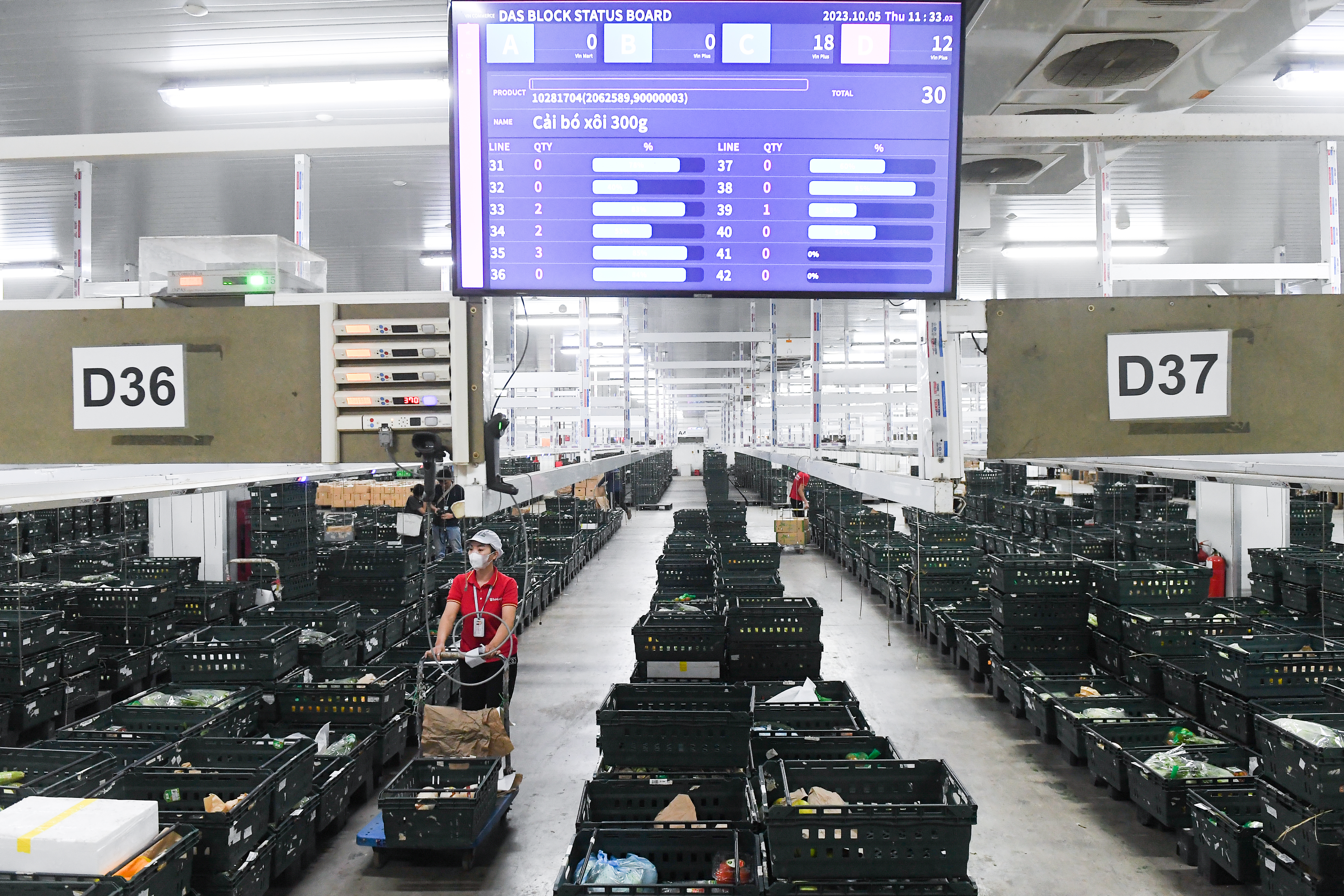Vietnamese conglomerate Masan Group hosted a CEO roundtable entitled ‘Winning with AI, Data Science and Machine Learning’ in Ho Chi Minh City on Monday, during which its leaders elaborated on the adoption of emerging technologies to deal with thorny issues in the consumer and retail sector in Vietnam.
Data from the Ministry of Industry and Trade revealed that the Vietnamese retail market size is valued at US$142 billion and is anticipated to reach $350 billion by 2025, contributing 59 percent to the country’s GDP.
The retail sector, however, still lacks a close link among manufacturers, distributors, logistic service providers, and consumers in the supply chain of goods, making the market vulnerable to changes impacted by consumer psychology.
Therefore, retail businesses need to make proper adjustments in line with market trends so as to easily approach more consumers and create more values for them.
Enterprises in the field should consider incorporating digital transformation, artificial intelligence (AI), and machine learning (ML) into their business plans to acquire more stakes in the industry.
|
|
| Masan’s Chief Technical Officer Rahul Bhandari talks about the adoption of AI at Masan. Photo: Supplied |
As a leading retailer in the country, Masan has fostered digital transformation to develop itself into a tech consumer group since 2021.
“Vietnam stands out as the most captivating and extraordinary narrative of consumer growth within the Asian region," according to a recent report by J.P Morgan, a leading global financial services firm.
With over 27 years of experience in the consumer sector, Masan is aware of challenges there.
The Vietnamese retailing giant pointed out obstacles facing businesses in the industry, including a shortfall of data to serve innovation purposes and offer added values to customers; rising input costs; and the risk of experiencing lower-than-expected sales due to the low stockpile of goods.
Many retailers are confronted by issues such as inappropriate stockpiles of commodities and allocating illogical expenses to marketing campaigns.
In addition, if businesses fail to optimize their operating costs, customers have to pay much more than normal for a product or a service.
Companies in the field should take into account customer experience issues, especially amid the rise of personalization.
|
|
| Masan Group’s CEO Danny Le shares Masan’s successful business model at Masan. Photo: Supplied |
To help cope with these challenges, Masan Group’s CEO Danny Le clarified the group’s strategies to develop its Point of Life (POL) consumer ecosystem, which means an offline-to-online ecosystem comprising three main factors: products and services provided by Masan; a commercial infrastructure system connecting its all partners; and a technology system which is able to analyze data via AI and ML, as well as the collaboration between Masan and its personnel.
The Masan POL ecosystem will address multiple key issues and help optimize business activities.
For instance, integrating over 3,600 WinCommerce supermarkets and convenience stores into Masan’s Supra logistics system will create a business platform on a nationwide scale, reducing operating costs and boosting customer engagement.
Supra, a logistics business arm of Masan, owns a distribution system comprising 10 warehouse clusters across Vietnam and is responsible for delivering 60 percent of WinCommerce’s total amount of goods to customers. Supra has adopted AI in its operations.
|
|
| Masan’s Supra logistics firm applied AI to tackling inventory overstock and understock at Masan retail outlets. Photo: Supplied |
Like us on Facebook or follow us on Twitter to get the latest news about Vietnam!





















































